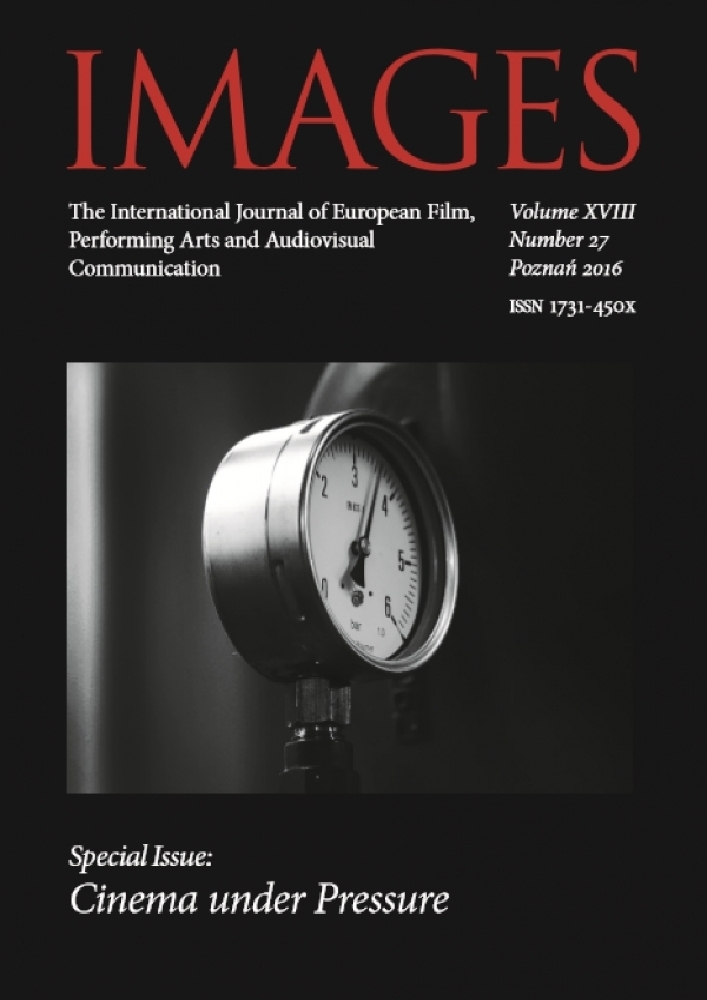Abstrakt
Japanese animation and folklore in narratives about national identityThis paper studies the activity of Japanese directors who decided to make film adaptations of the Momotaro story, a classic legend based on Japanese folklore and the most popular one in the modern period. This activity is studied within the framework of cultural politics. The works examined belong to the early period of Japanese animation and war propaganda films, as well as studio-based anime productions which were made in the postwar period.
Bibliografia
Animekikaku (grupa autorów), 1994, Momotarō, Tokyo.
Bocking B., 1997, A Popular Dictionary of Shinto, Richmond.
Brau L., 1990, The Women’s Theatre of Takarazuka, ,,TDR” nr 4 (34).
Clements J., McCarthy H., 2006, The Anime Encyclopedia. A guide to Japanese Animation since 1917, Berkeley.
Doraemon Himitsu dōgu kanzen daijiten, ed. F.F. Fujio, Tokyo 1997.
Henry D.A., 2009, Momotarō, or the Peach Boy: Japan’s Best-Loved Folktale as National Allegory, Ann Arbor.
Holledge J., Tompkins J., 2000, Takarazuka Revue, w: Women’s Intercultural Performance, London–New York.
Hotta E., 2007, Pan-Asianism and Japan’s War 1931–1945, New York.
Kahara N., Mukashibanashi no syujinnkou kara kokka no shochoe, http://ci.nii.ac.jp/naid/120005607395> [dostęp: 20.02.2016].
Kojiki, czyli księga dawnych wydarzeń, 1986, I-II, przeł. W. Kotański, Warszawa.
Mizoguchi S., 2014, Momotarō no hanashi, http://ci.nii.ac.jp/naid/110007172588> [dostęp: 20.02.2016].
Ohnuki-Tierney E., 2007, Dzienniki kamikadze, przeł. W. Sadkowski,
Warszawa.
Patten F., 2004, Watching Anime, Reading Manga. 25 Years of Essays and Reviews, Berkeley.
Robinson C., 2010, Japanese Animation: Time out of Mind, New Barnet.
Schilling M., 2005, The Encyclopedia of Japanese Pop Culture, Boston.
Suzuki M., 2007, Kojikimonogatari, w: Aozorabunko, http://www.aozora.gr.jp/cards/000107/files/1530_5502.html> [dostęp: 20.02.2016].
The Monkey and the Monk: An Abridgment of The Journey to the West, 2006, red. i przeł. A.C. Yu, Chicago–London.
Tze-yue G. Hu, 2010, Frames of Anime: Culture and Image-Building, Hongkong.
Licencja

Utwór dostępny jest na licencji Creative Commons Uznanie autorstwa – Użycie niekomercyjne – Bez utworów zależnych 4.0 Międzynarodowe.
